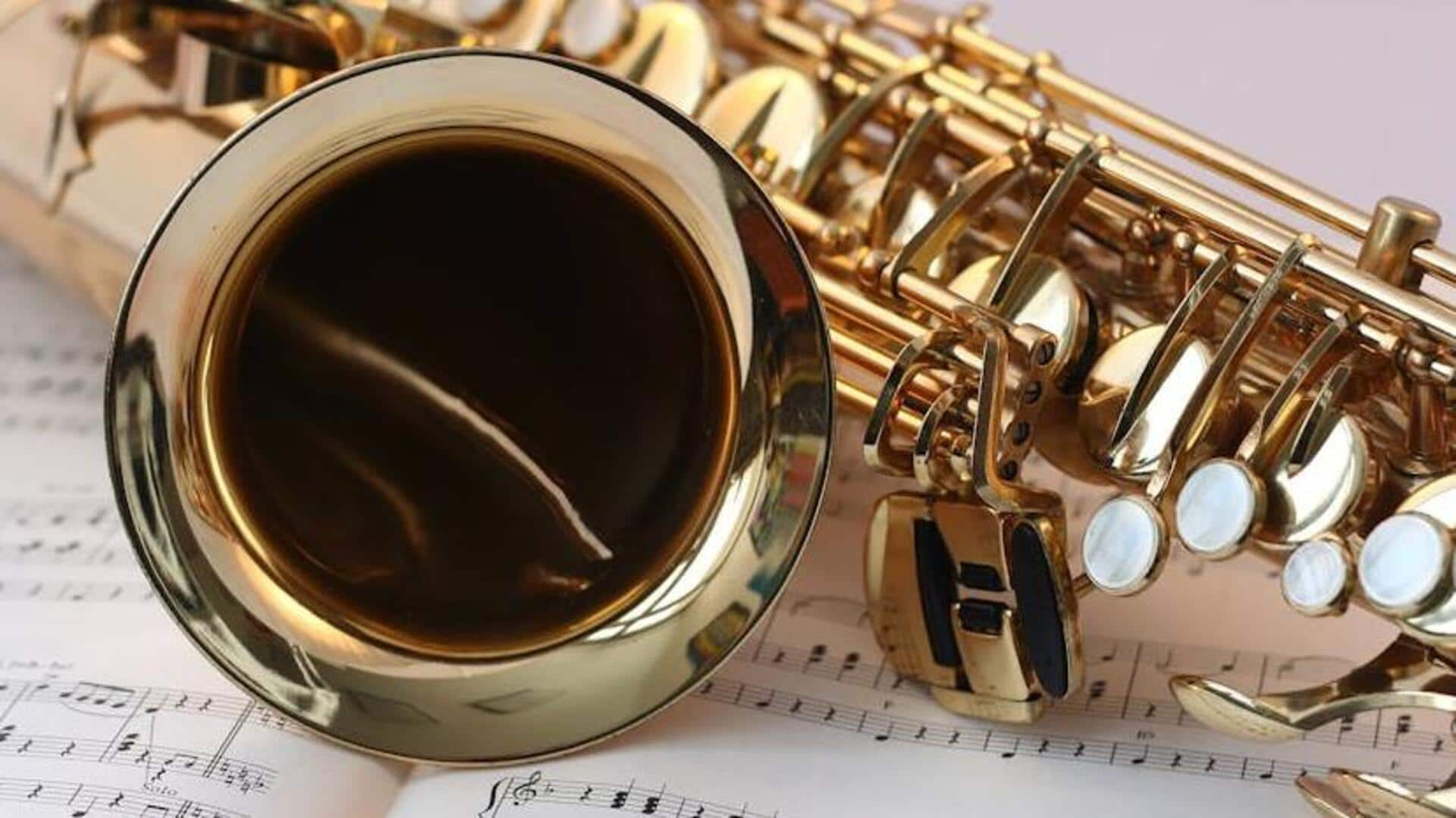
Music for better communication: Activities to try
What's the story
Music activities can serve as an effective source in teaching children the essential communication skills. Involving with music makes children hone listening, speaking, and social interaction skills. With different kinds of musical activities, children are taught to express themselves and understand others much better. Here are a few ways music activities can improve the communication skills of young learners.
Singing games
Singing games for interaction
Singing games prompt kids to interact with one another while keeping up with musical cues. These games also include call-and-response patterns that demand active listening and quick responses. By joining in singing games, kids practice taking turns and responding appropriately. These are critical elements of effective communication.
Instrumental play
Instrumental play for listening skills
Playing instruments also requires focused listening and coordination. When kids play instruments together, they have to listen carefully to keep the rhythm and harmony with their peers. This activity enhances their ability to concentrate on auditory information, improving their overall listening skills crucial for effective communication.
Group sessions
Group music sessions for teamwork
Group music sessions also allow kids to work together towards a common goal. Here, they learn the value of cooperation and collaboration as they create music together. This teamwork ensures that kids understand how a group functions and also improves their communication skills within a team.
Storytelling through music
Musical storytelling for expression
Musical storytelling enables children to creatively express emotions and ideas through sound. By weaving stories with music, they learn how different tones convey different emotions or messages. This activity helps them understand non-verbal cues in communication. It also encourages them to articulate thoughts more clearly through verbal expression.
Rhythm exercises
Rhythm exercises for speech development
Further, rhythm exercises improve speech development by emphasizing timing and articulation. Clapping or tapping rhythms encourages precise timing that mimics the natural flow of speech patterns. These exercises aid language development by improving children's ability to articulate words clearly while keeping a good pace during conversations.